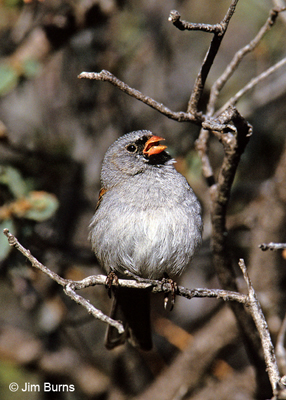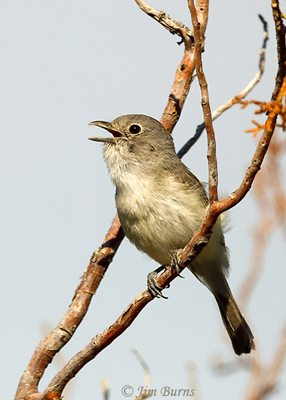
Bob’s use of that particular adjective was a reflection of both his droll sense of humor and a bygone era before political labels became more coarse and vituperative. Hull had incurred Witzeman’s wrath with her rebuff to attempts by environmental groups to have land preserved specifically as habitat for the Ferruginous Pygmy-Owl by publicly telling them “Those owls belong in Mexico. If you want to see one, go down there.”
In December of 1998 Secretary of State Bruce Babbitt had declared Ferruginous Pygmy-Owl endangered, and Arizona Game and Fish had designated 750,000 acres in Pima and Pinal counties critical habitat for them. A residential development including a church and a high school were put on hold, and a spokesperson for the largest home developer in the state, outraged, had publicly asked this question--“Can’t the owls just fly away when the bulldozers approach their territory?”
Zany indeed, but some things seem never to change. Twenty years on and we now witness the minions of this administration kneeling before the developers and extractors, denying science, and rolling back environmental protections. Insensitivity to our planet’s environment and the interconnectivity of all living things is systemic in our culture and, much like the systemic racism and police brutality which is now the target of other protests rocking the planet, it’s not going away until we all acknowledge the culpability and complicity of our silence.
This pandemic, strange to say, may present a propitious time for real change. By some accounts, including my own eyes and ears, and research by psychologists, the general populace is growing restless and irritable with isolation and indoor confinement, and many are newly discovering nature and the outdoors just outside their door or within regional proximity. Fossil fuel usage is down, costs associated with alternative energy sources are coming down rapidly, and sunshine and fresh, circulating air are proving to be a more healthy alternative for safety than indoor quarantining.
What have you done for the planet lately? If you’re hearing and heeding the calmer voices emanating from the BLM movement, you should realize we who are tired of decades of environmental degradation can and should be doing exactly what they are advocating now for their cause. Listening to scientists and those you trust. Learning as much as you can about specific issues. Speaking your mind to those who are apathetic or non-committal about our planet’s issues. Doing whatever you can to expedite lasting legislative change. In short, become woke.
Last month when the Bush Fire was threatening Mt. Ord and its unique chaparral habitat preferred by the locally common Gray Vireos and Black-chinned Sparrows there, I heard a comment that transported me back to the Jane Hull era. A clueless interviewee responded to concern for the birds with this—“Well, they are birds. They can just fly away from the fire.” Mining, overgrazing. off-road vehicles, and urban encroachment have degraded much of the habitat in the Southwest to which they might fly. Jane Hull, this interviewee, and so many others are not yet environmentally woke.
You can do two things. Awaken others who may not know or care and, most importantly, vote. Remember in November.